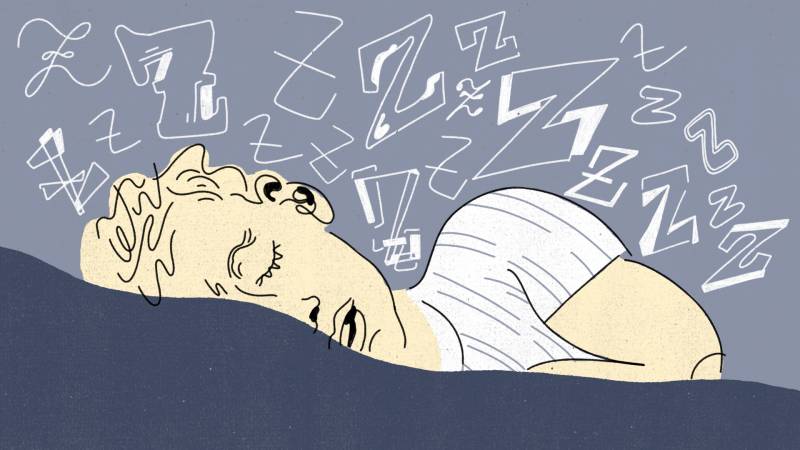Where are these dreams coming from?
It may feel like you’re dreaming more, but Prather said it’s more likely that you’re able to remember the dreams with more clarity.
Most people experience dreaming-sleep in the second half of the night, when your sleep is less deep. “And so there’s a tendency to have more awakenings or intermittent light sleep,” he said.
If you wake up during this time — especially if you’re experiencing a “high-intense, negative, affective dream” — you may be more likely to remember it.
It may also be that our bodies are also responding to the coronavirus pandemic in unseen ways.
“We know that when people get acutely stressed, you can narrow your focus and remember things that are particularly relevant,” Prather said. “It could be that, during this time period, our brains are kind of on high alert and tagging [relevant] things more frequently. And this is resulting in remembering our dreams more vividly.”
And then, there’s just your mind trying to process everything that’s happening in this unprecedented time.
“Sleep serves a lot of different functions,” Prather said. “And one of [them] is trying to make sense of what happened during our day.”
What if I can’t get to sleep at all?
While some may be experiencing evenings full of evocative stories or horrifying nightmares, others say they’ve been experiencing prolonged periods of insomnia.
“Insomnia is already really prevalent in our population, but is only growing as a consequence of the amount of stress that people are experiencing,” Prather explained.
